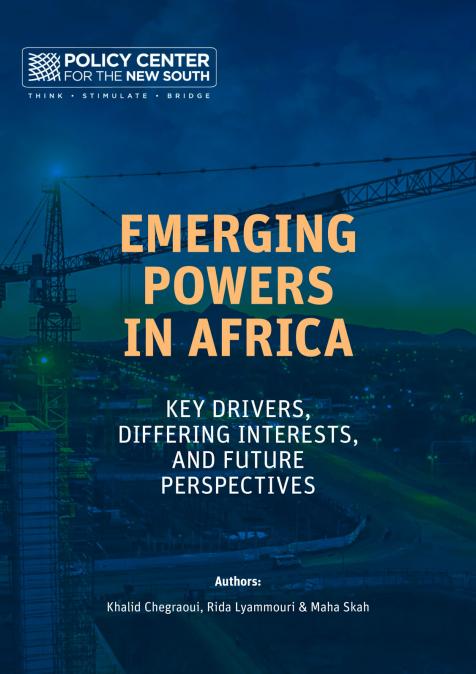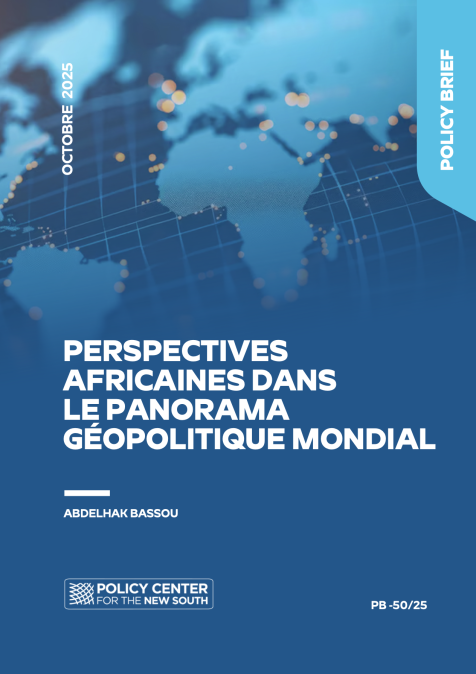Publications /
Book / Report
The COVID-19 pandemic has been characterized by a shifting balance of power, with some analysts even predicting a new international order in the making. Emerging powers are contributing to the changing power dynamics by competing to increase the influence they have in political, economic, and security spheres. Africa is one of the key spaces where such strategic efforts have been taking place. In such a context, this paper assesses key drivers of emerging powers’ growing engagement in Africa, makes some comparisons of the roles they have played during the pandemic, and discusses how this may affect their future relationships with African countries. More specifically, the paper explores how Russia, Turkey, Saudi Arabia, the UAE, Qatar, and Iran have sought to establish relations and advance their interests throughout the African continent.











